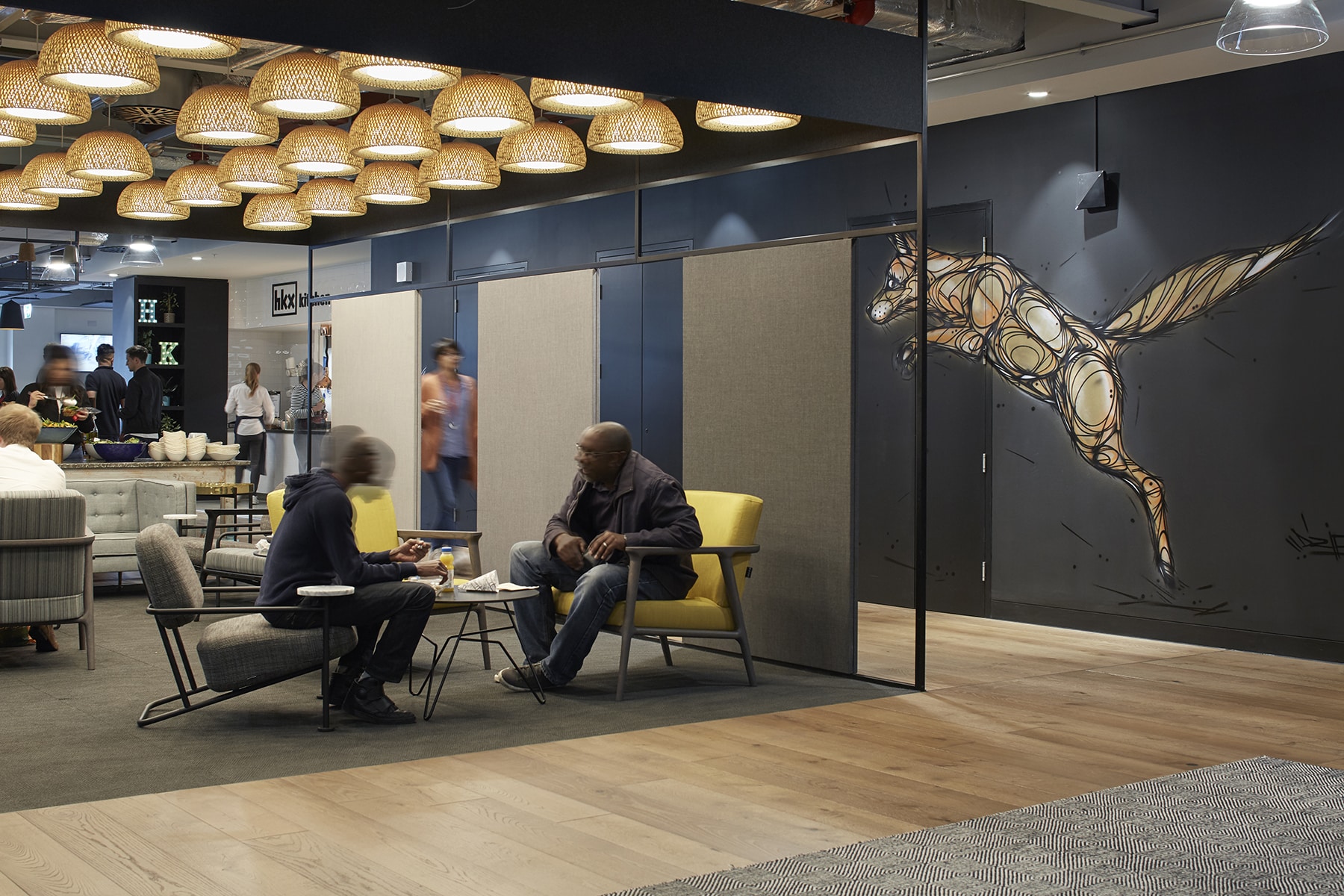MCM were thrilled to host our most recent Virtual Roundtable event last week, discussing the key themes identified in our latest Manifesto: A New World of Work.
In June 2020, the MCM Skunkworks team released a detailed Manifesto to answer the question … In a post covid future, what is the purpose of the office?
MCM were proud to see our three predictions (A Return to Human, The Radial Office, The Gig Company) were well received by our industry, igniting new ideas with our wide network of clients and colleagues. MCM recently hosted several long-term clients in a virtual roundtable setting to discuss these concepts and understand what lessons have been learnt in the corporate world from the COVID-19 pandemic. See our summary of notes below from the session or Download Here.
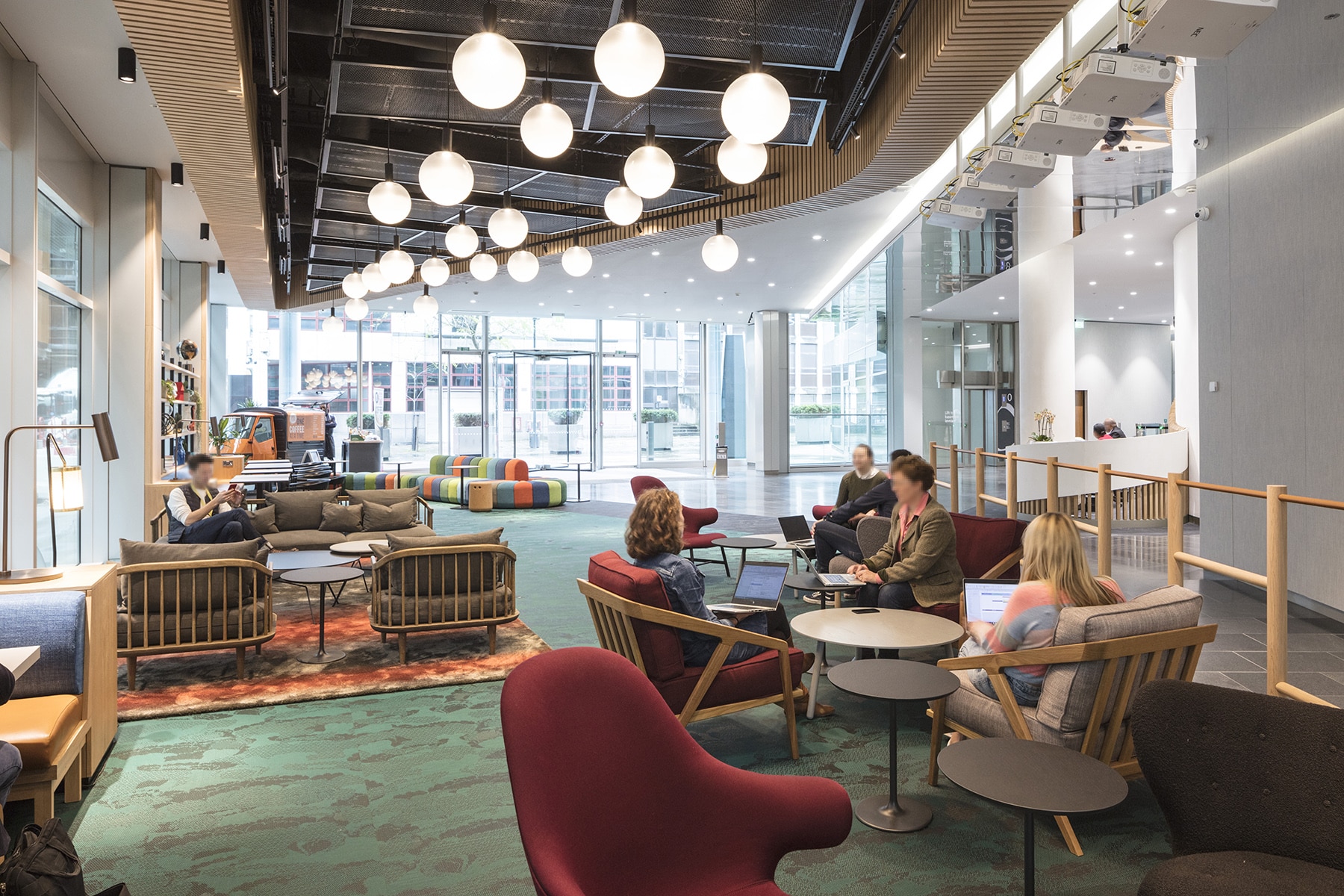
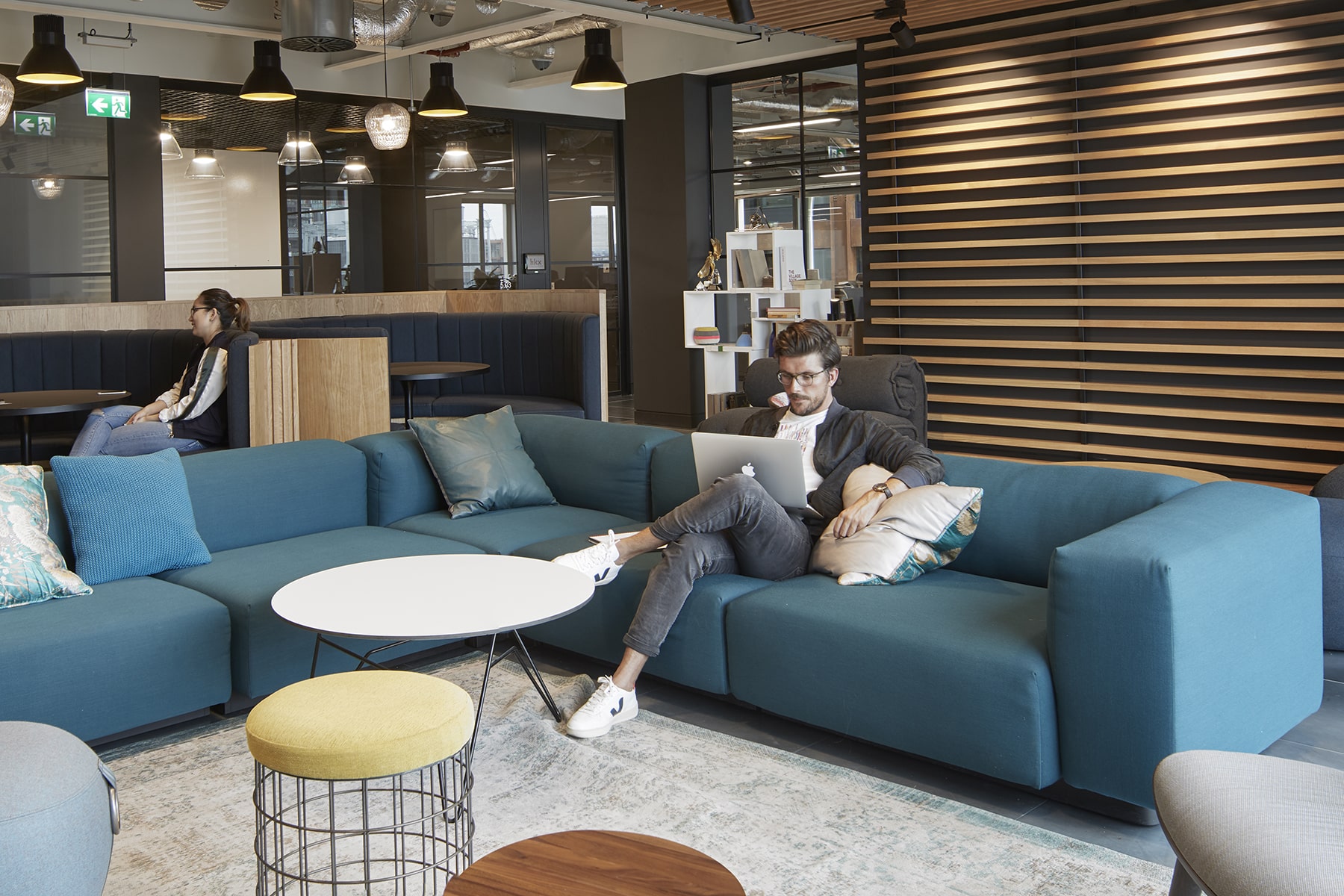
The MCM Predictions
- A Return to Human – Supporting people’s desires for a better life. Work / life balance, embracing all the good things that remote working has been the catalyst for. Less commuting. Engaging with family and the community. Benefits to health, family life, supporting local economies.
- The Radial Office – A real estate and location strategy model that provides people with choice. Companies reduce the size of their city center offices and offer local regional community hubs and home working as part of the mix of choices for staff. Benefits to the environment, health, economies of regional communities, company overheads reduced and cost savings for staff.
- The Gig Company – Trusting people enables catchment of the workforce to be global, supporting working remotely. Benefits to companies accessing larger talent pool and staff able to work in places that suits their lifestyle. Opens greater diversity for employing disadvantaged workers i.e. parents, disabled, those that live in remote areas and part time workers.
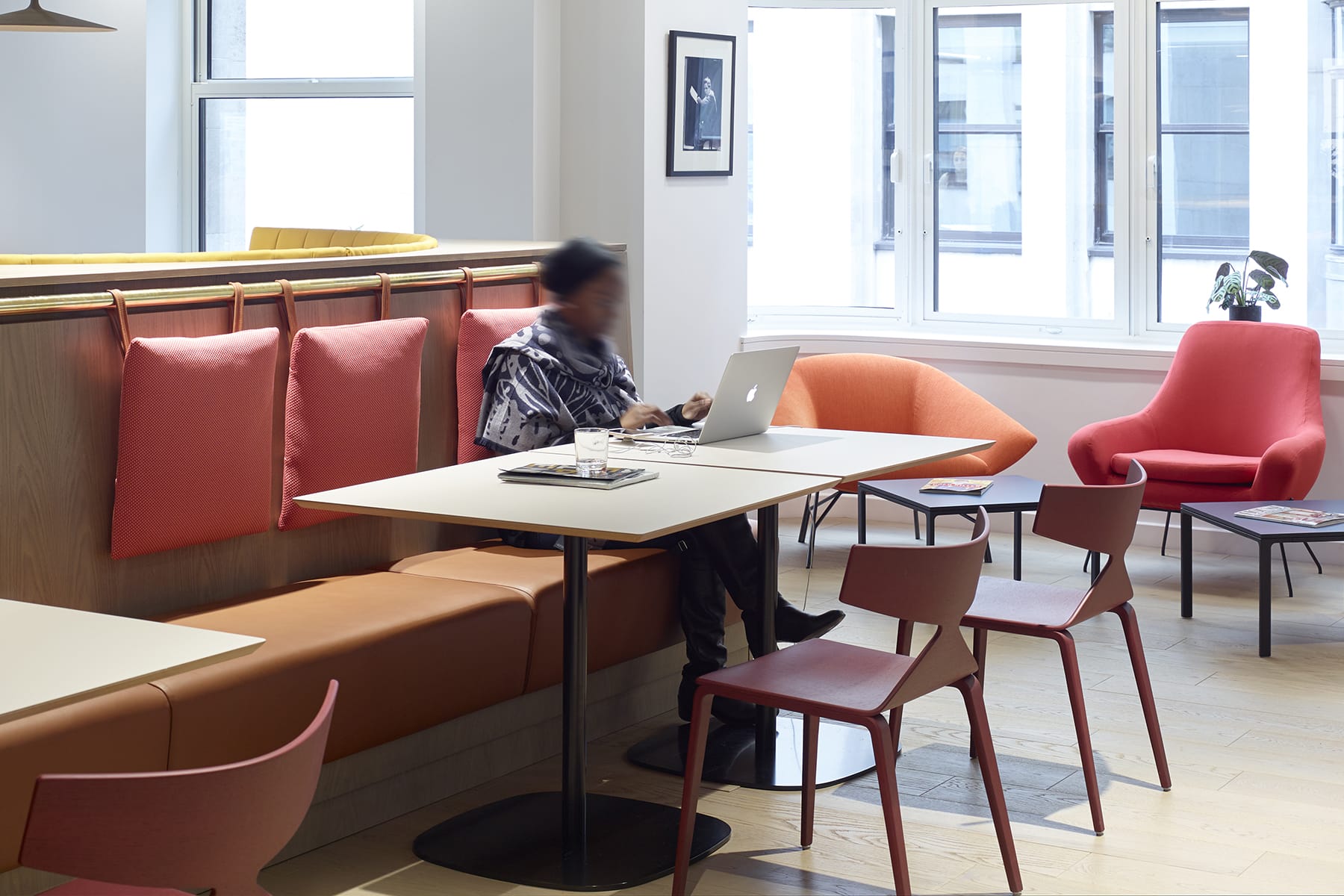
Discussion Summary – Common Themes.
Trust
The underlying big win for most organizations in the pandemic has been the discovery that they can trust their people to be responsible, productive and get their job done when working remotely. This single finding opens the door for tremendous changes to organizational structures, real estate strategies and employment strategies.
One size does not fit all
No two organisations will embrace changes in how and where they work in the same way post Covid-19. There was general agreement that we still do not know the medium and long term impact on corporate strategies following the extreme forced home working. The gradual return to offices is still a cautions and protected transition period. The transition period timescales may last a very long time. Meanwhile their will be a period of testing and trialing solutions.
Make it equitable for all
Whatever the future holds regarding an organisation’s policies for staff working remotely or in the office, the relationship needs to be equitable. In the past remote workers probably were disadvantaged in meetings, corporate strategic decision making or even career advancement. That will need to change.
The Office needs to have Value
Consensus that the office is important, and it needs to have value. People will want to return to the office if there is value. This is important for several reasons and one is “people miss people” as one participant said. Other values include the mentoring, stewardship, coaching and on boarding of particularly younger members of staff. The office is the container or the glue that binds the company culture. So, the office is not dead and has an important role. The challenge is being clear of its purpose and the values it is bringing to the organization and staff.

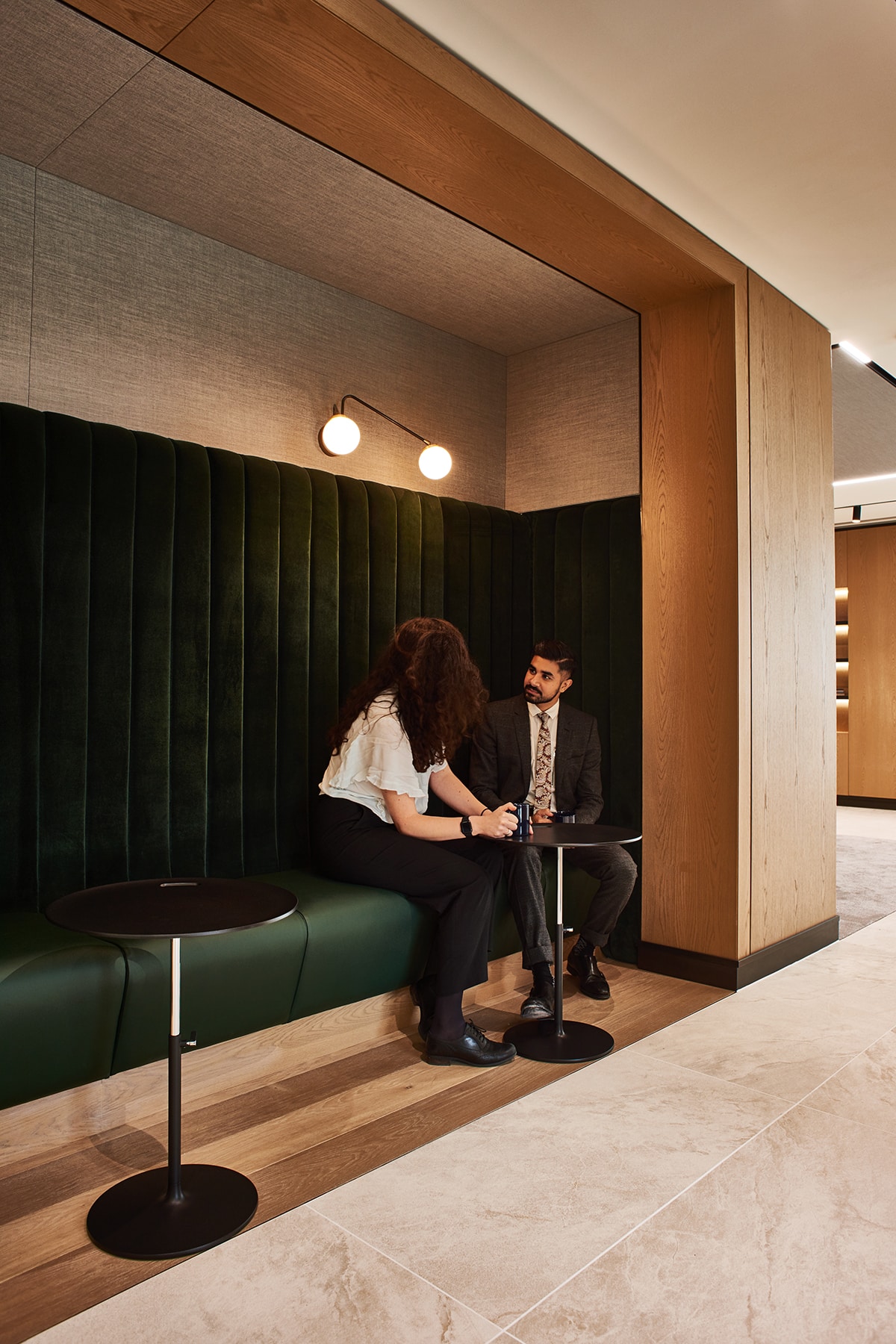
Employees will feel empowered to choose
It was debated – What will happen when some organisations insist on a return to a 5 day 9.00-5.30 working day from the office? Some companies may feel their staff will be more productive, profitable, and better managed. Some organisations will also worry about the Health and Safety aspects of home working or the culture of the organisation relying on people being together. The topic was discussed and most, but not all, disagreed with the premise of employers imposing returning to a 5 day 9.00- 5.30 regime successfully. The general view was that many people will vote with their feet and seek out employers with favourable work strategies and not accept a return to 5 day working from the office model. Flexible working is here to stay.
Recasting of the Landlord Tenant Relationship
As noted earlier, Tenants are realizing their office will need to have value to encourage staff to be in the office. Many tenants will want to accommodate less people in less space. This will put pressure on Landlords to make their offer more attractive. We will see a wider range of flexible leasing options, greater services and amenities offered by Landlords and solutions to split buildings into multiple tenancies, to keep tenants happy. Tenants downsizing at lease breaks will be common.
